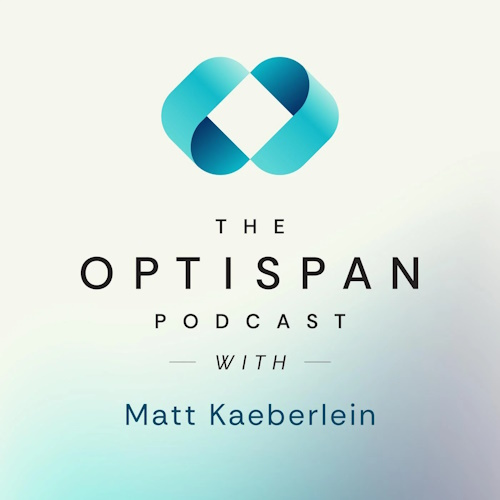The Surprising Way Body Size Relates to Lifespan
Matt explores the intricate relationship between body size and the rate of ageing
The relationship between body size and ageing is complex and varies across species and individuals. While larger species tend to live longer and age more slowly, within species, larger individuals often age faster and have shorter lifespans. This dynamic is influenced by factors like genetics, environment, and lifestyle, many of which remain under investigation. In this episode of Longevity Science, Matt explores the intricate connections between body size and ageing, examining available data, notable exceptions, and potential molecular and evolutionary influences.
Key Points:
The connection between body size and aging is intricate, with larger species generally aging slower but larger individuals within a species aging faster; Matt explores this nuanced topic, covering data, exceptions, and potential drivers in this episode of Longevity Science.
- Relationship Between Body Size and Longevity: Across species, larger animals live longer and age more slowly. Within species, smaller individuals tend to live longer than larger ones, as seen in dogs and humans.
- Common Misconception: Many experts incorrectly assume larger animals always age slower, missing the distinction between cross-species and within-species patterns.
- Mechanism Behind Longevity: Developmental hormones, particularly growth hormone and IGF-1, influence body size and lifespan within species. Larger individuals produce more of these hormones, leading to faster ageing.
- Impact on Specific Species: Studies in dogs, mice, and humans show that smaller individuals have longer lifespans, while large animals like Great Danes age faster than small dogs like Chihuahuas.
- Challenges in Longevity Research: The exact mechanisms for why larger animals across species live longer are still unclear, with factors like metabolic rate, DNA repair, and evolutionary pressure being proposed.
- Human Implications: The role of growth hormone in ageing is controversial. While reduced hormone levels during development may extend lifespan, its therapeutic use in adulthood remains uncertain due to mixed evidence.
Visit website: https://www.youtube.com/watch?v=Fjh6WbkZkvw
See alsoDetails last updated 13-Sep-2024



